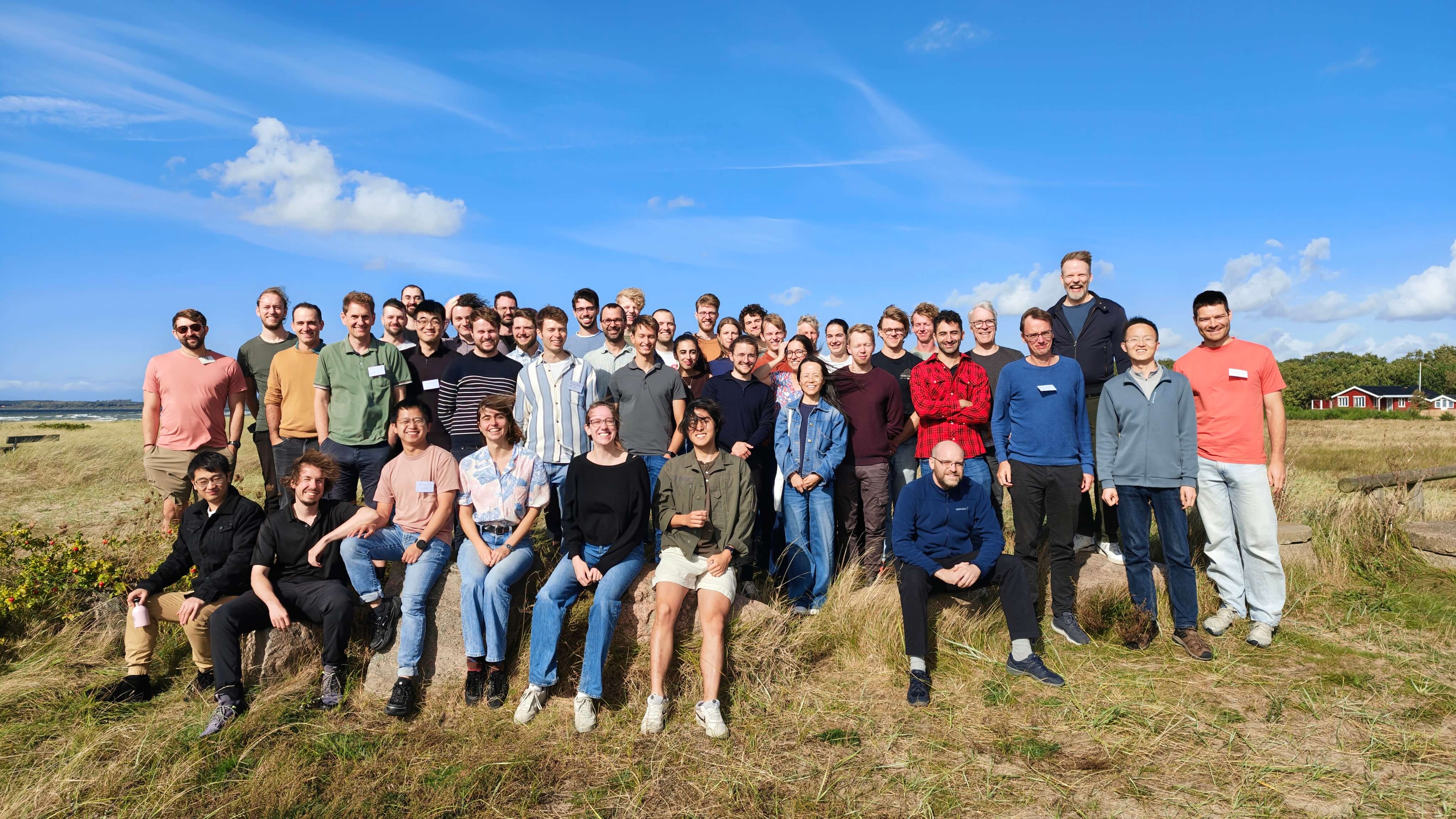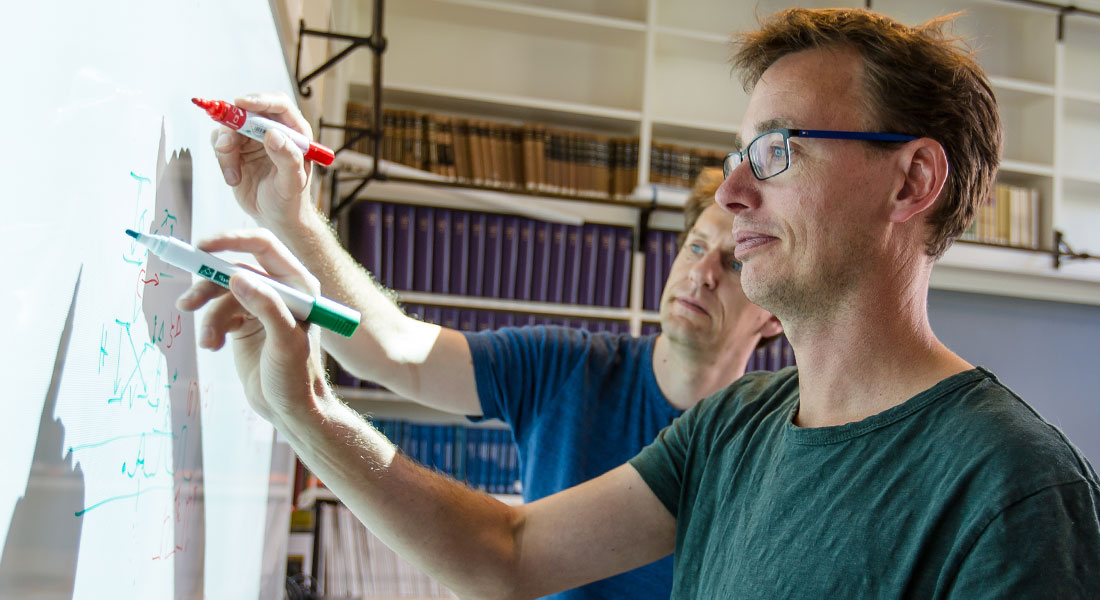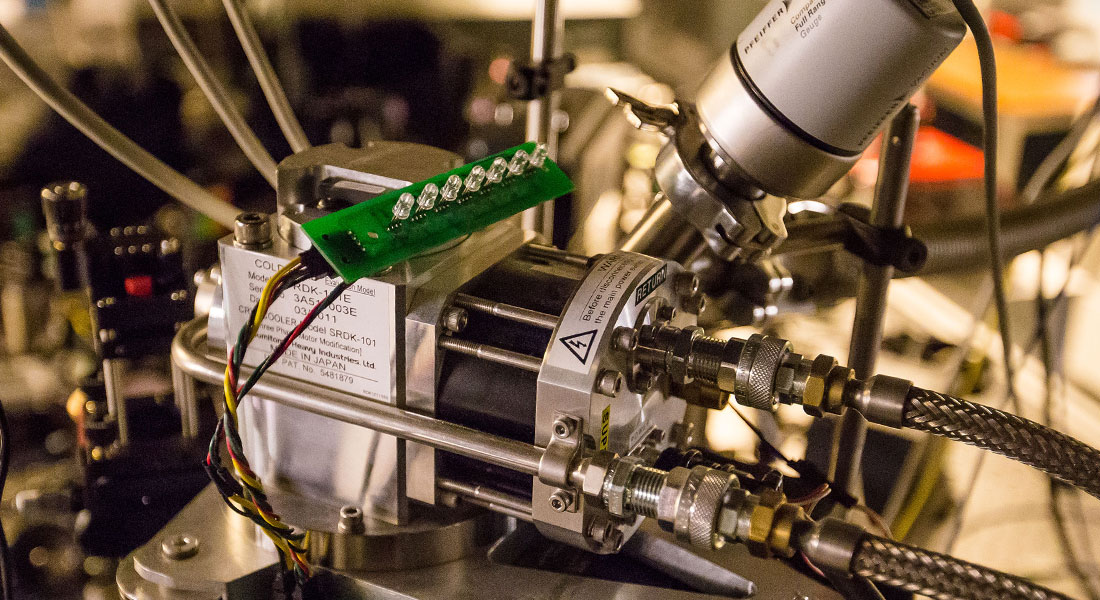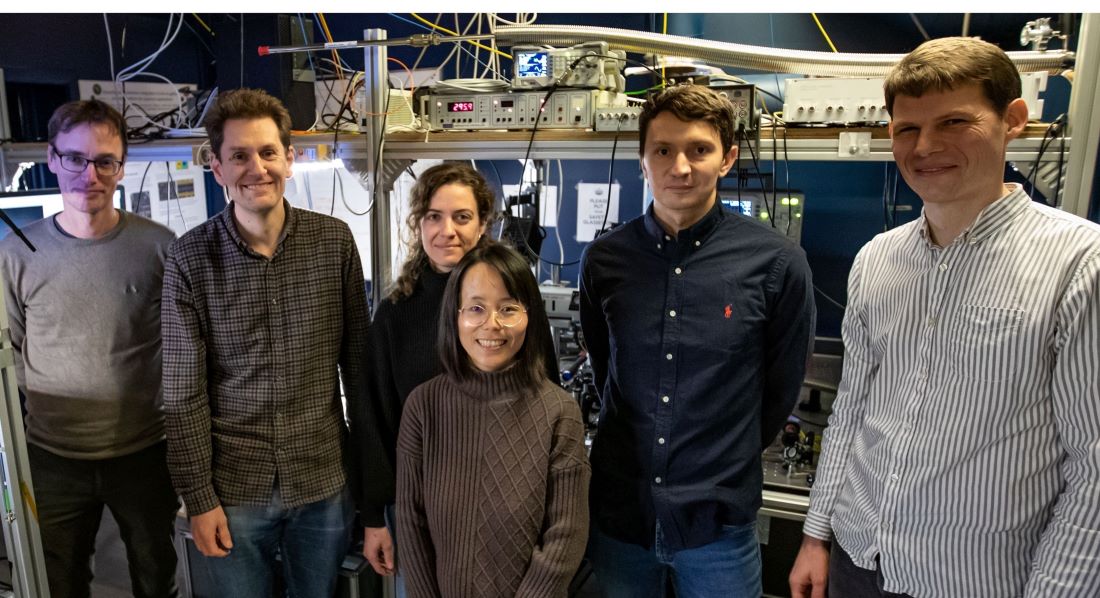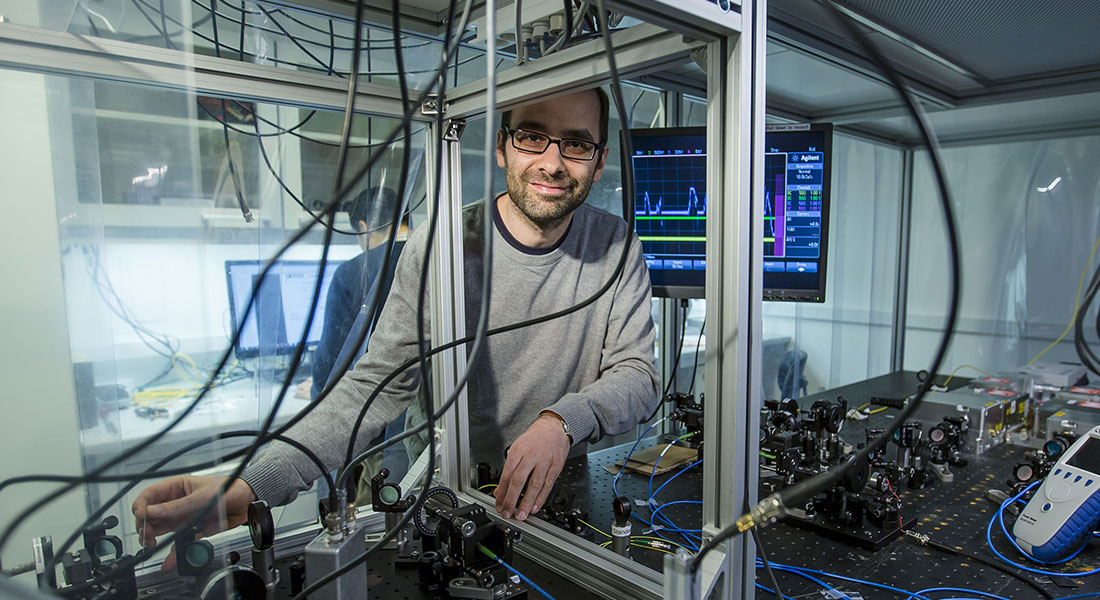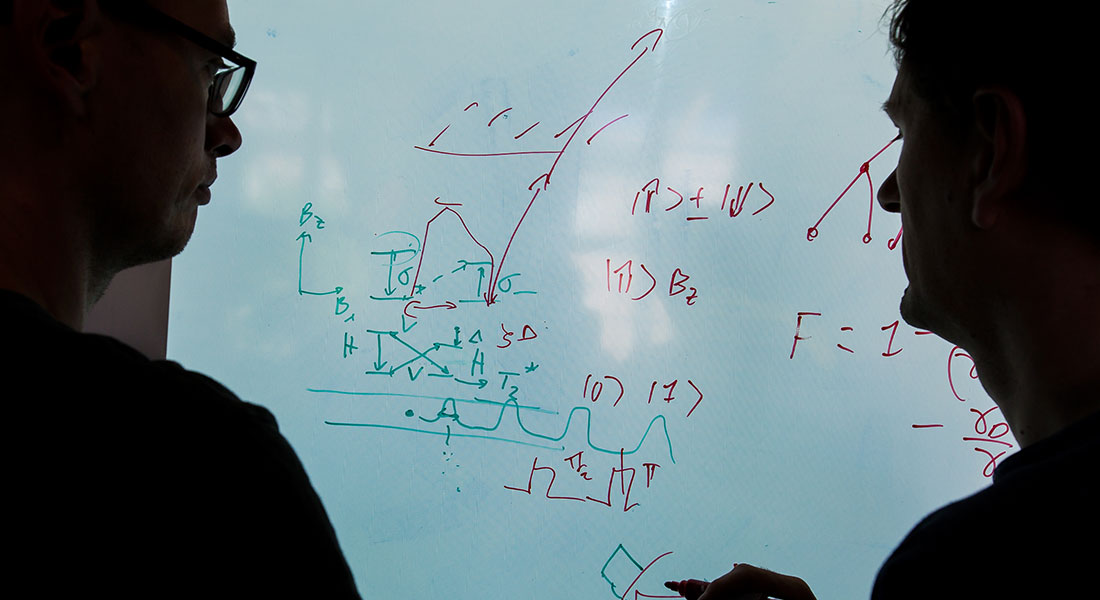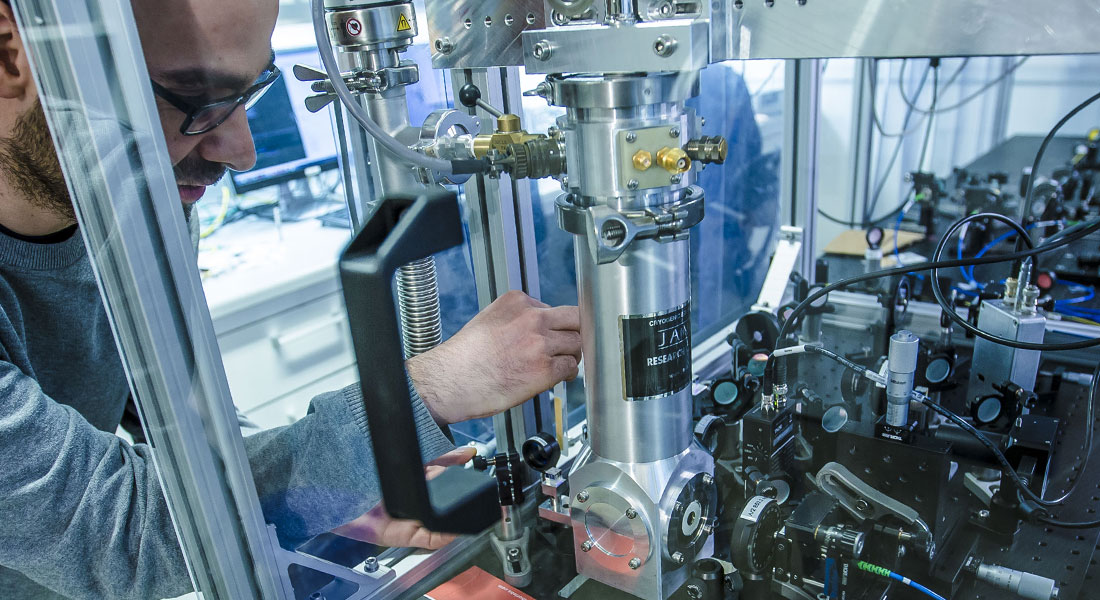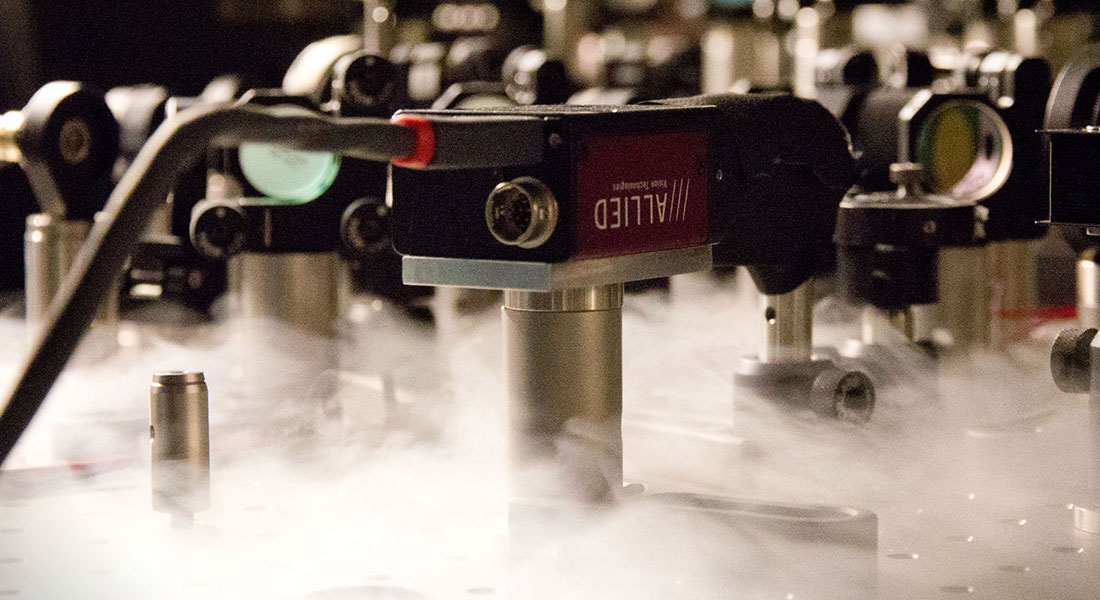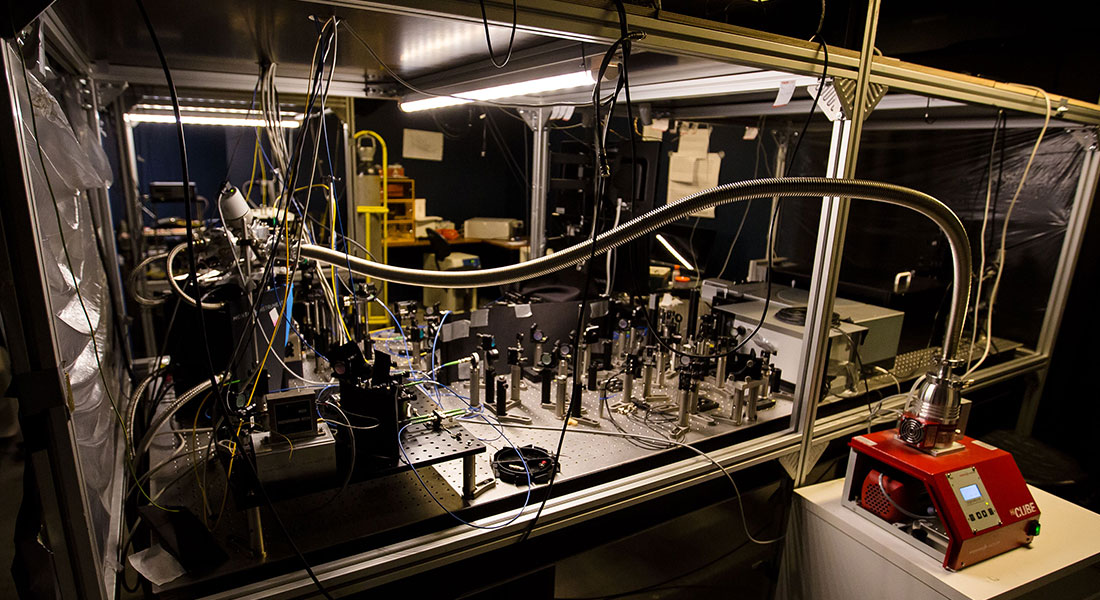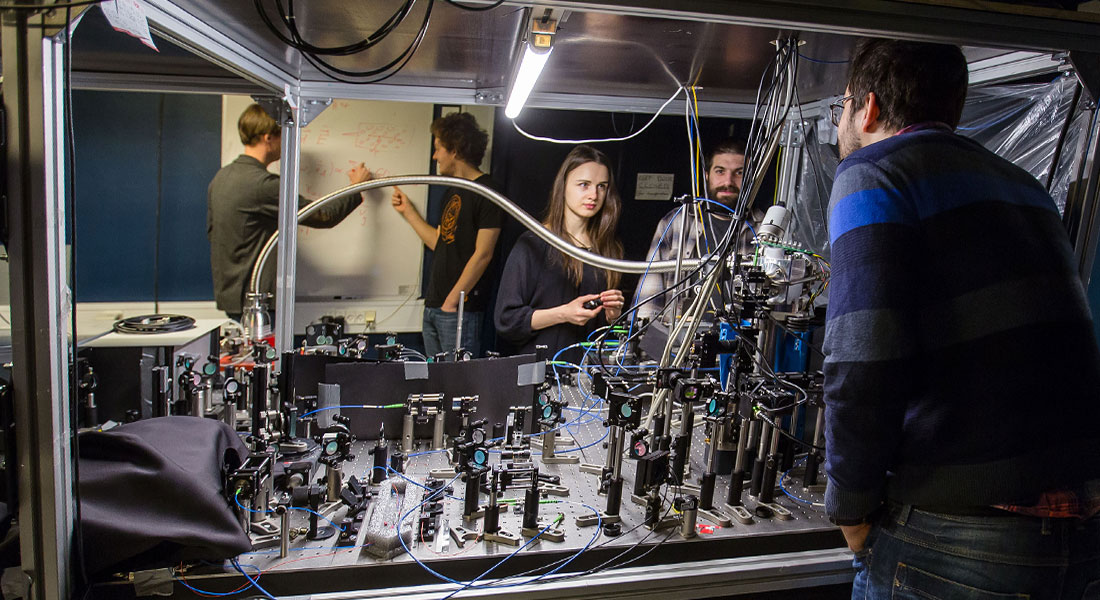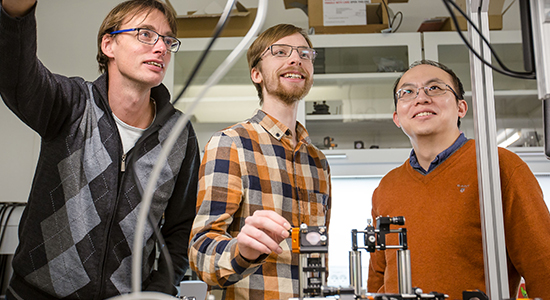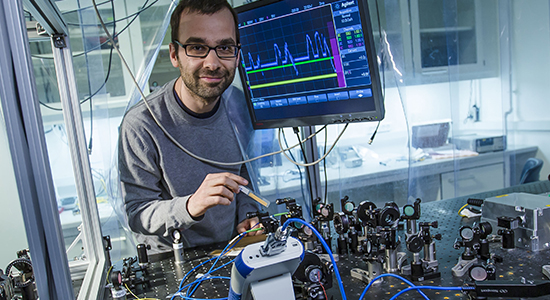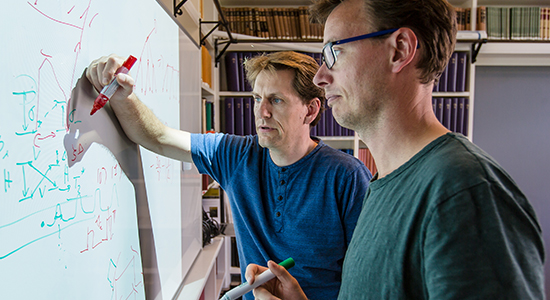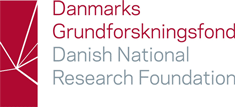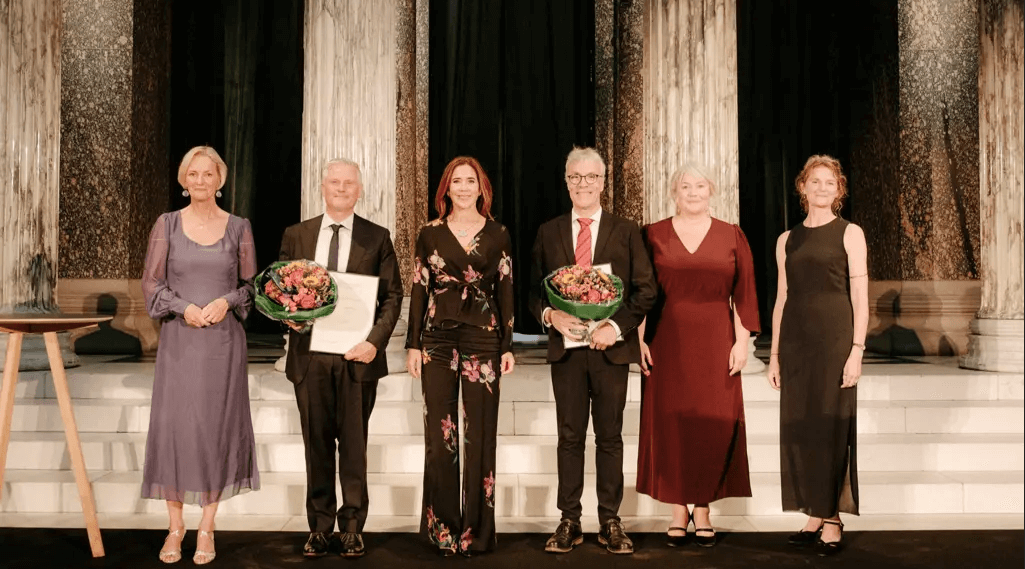The Center for Hybrid Quantum Networks (Hy-Q) exploits photons to merge disparate quantum system into large scale quantum networks to enable large scale processing of quantum information over global distances.
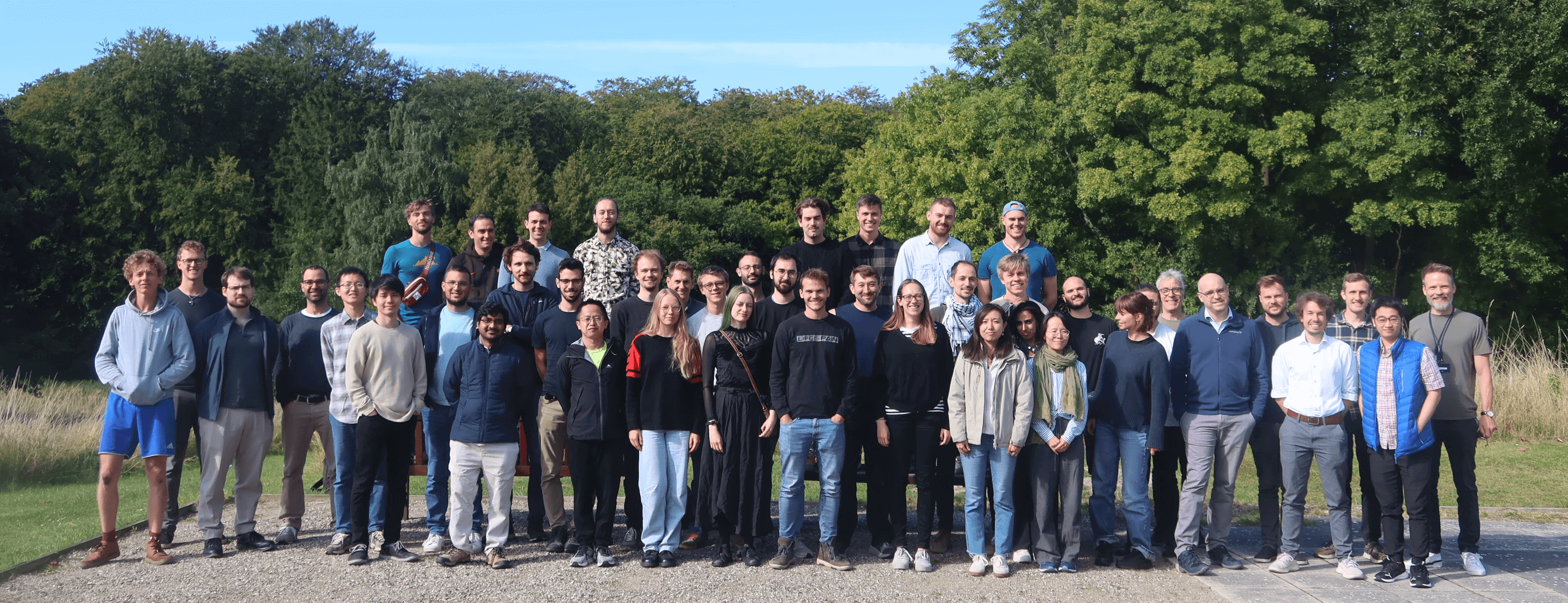
Hy-Q consists of four research groups at the Niels Bohr Institute, University of Copenhagen.
1) The Theoretical Quantum Optics Group led by Prof. Anders Sørensen who is the Director of Hy-Q. Google Scholar.
2) The Quantum Photonics Group led by Prof. Peter Lodahl. Google Scholar.
3) The Quantum Optomechanics Group led by Prof. Albert Schliesser. Google Scholar.
4) The theoretical group led by Prof. Klaus Mølmer. Google Scholar.
5) The Quantum Optoelectronic Devices Group led by Associate Prof. Leonardo Midolo. Google Scholar.
Hy-Q is generously funded by a Center of Excellence grant from the Danish National Research Foundation.
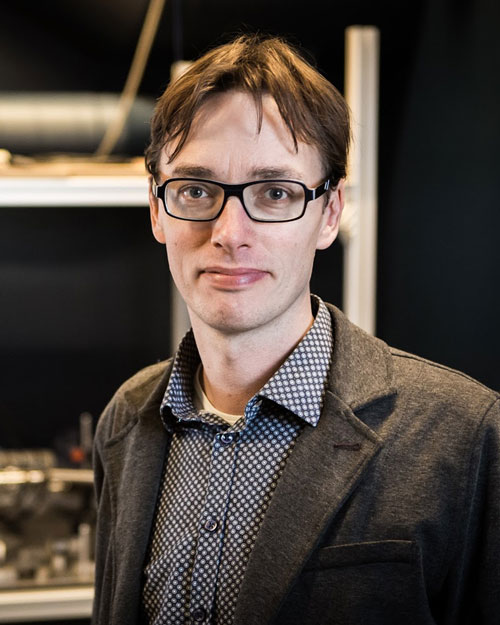
|
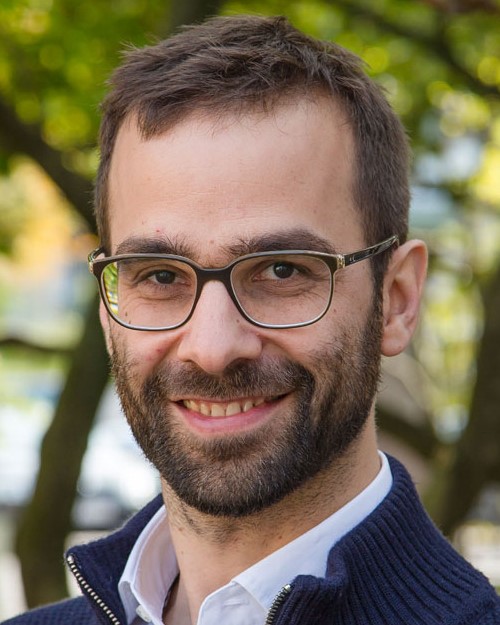
|
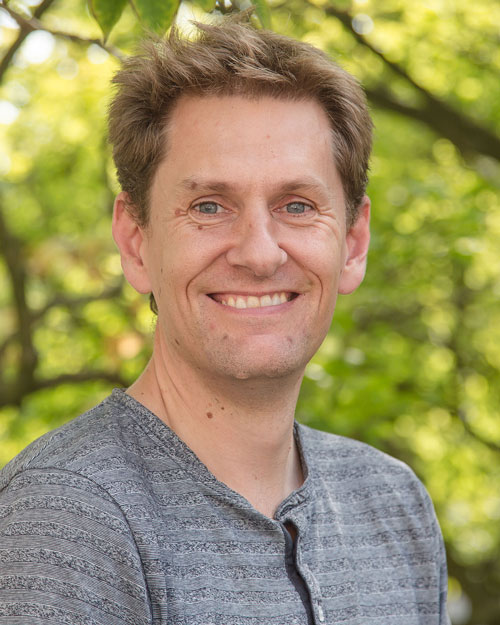
|
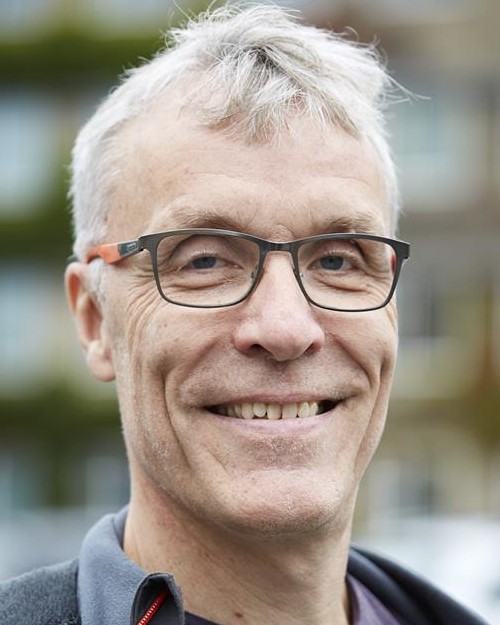
|
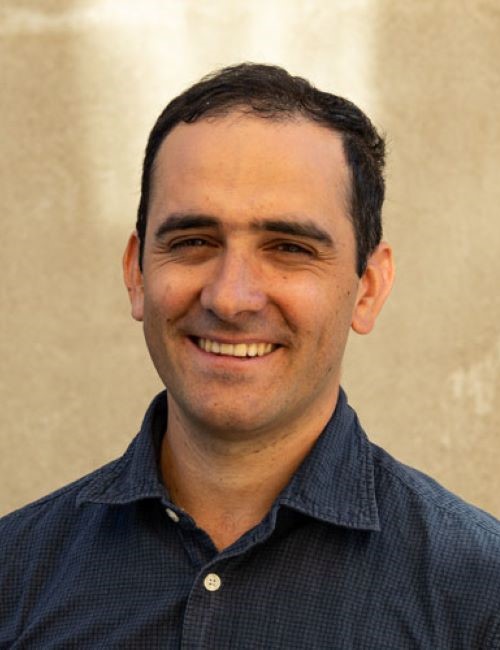
|
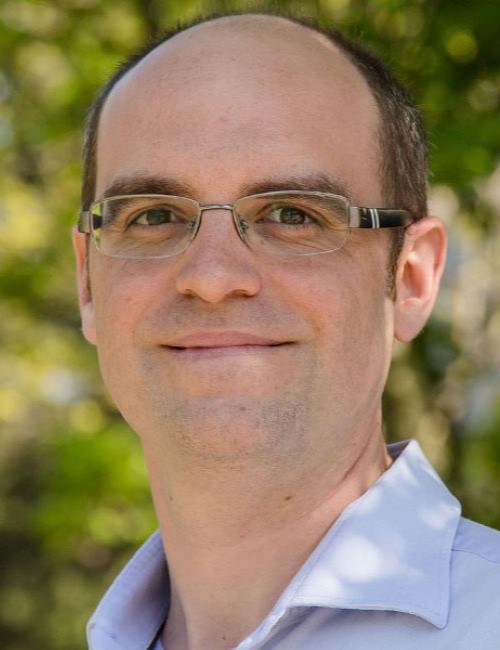
|
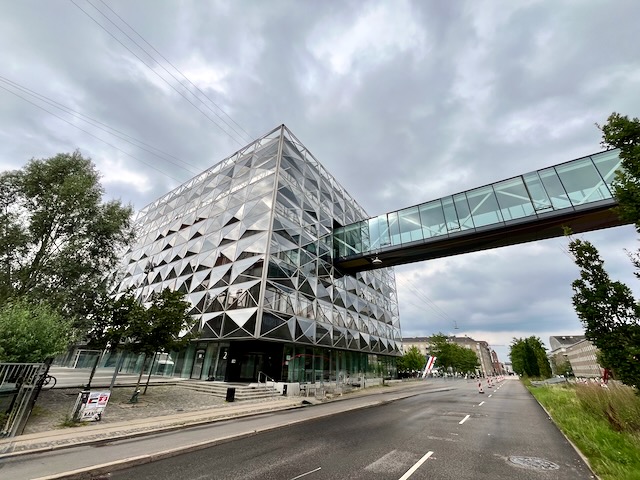
Getting to the Center for Hybrid Quantum Networks
The Center for Hybrid Quantum Networks is located in the Niels Bohr Building (Tower G), University of Copenhagen (Jagtvej 155, 2200 Copenhagen N).
Getting to Hy-Q
By Public Transportation
You are able to reach Hy-Q easily with metro. The Niels Bohr Building is located a 10 minute walk from "Vibenhus Runddel" metro station, where the metro M3 stops. This metro also stops at large stations such as Kgs Nytorv and Copenhagen Central Station. Tickets for the metro can be bought in the metro stations.
The Center for Hybrid Quantum Networks (Hy-Q) exploits photons to merge disparate quantum system into large scale quantum networks. The long-term perspective of the research is to enable large scale processing of quantum information over global distances.
Quantum theory was founded more than a century ago and revolutionized our conception of the world through highly counterintuitive phenomena such as quantum superposition and entanglement.
Today a second revolution is taking place based on the ability to fully control quantum phenomena in modern experiments. The outstanding challenge is to scale small quantum systems into large and complex architectures. Such quantum networks open a whole new horizon by creating quantum objects that have never existed in nature before.
The unsolved fundamental question is: how large and complex can we make a quantum system before the quantum character is lost and it is described by classical physics? Addressing this question could ultimately lead to a quantum internet, connecting the world by quantum entanglement.
Such long-term transformative technology may offer solutions to large societal challenges within energy, security, and supercomputing.
Within the Center of Excellence “Hybrid Quantum Networks” (Hy-Q) we pursue a hybrid approach towards the quantum internet. Realizing that the various technology platforms have pros and cons the emphasis is on merging different quantum systems in a “best-of-all-worlds” approach.
Hy-Q exploits and merges three different quantum platforms, photons, emitters and phonons, to enable remote quantum connection, manipulation and storage of quantum information.
PhD Theses by Hy-Q
2025
- "Nanomechanical Slot Waveguide Phase Shifters for Integrated Quantum Photonics" by Clara Celeste Qvotrup. Link to thesis.
- "Investigating Cobalt Nanomagnets with Single Spins in Diamond for Hybrid Spin-Mechanics" by Felix Caspar Hahne. Link pending.
- "Fusion-Based Quantum Computing with Quantum Emitters and Photonic Integrated Circuits" by Carlos F. D. Faurby. Link to thesis.
- "Valley-Hall Topological Phononic Waveguides in Mesoscopic Membrane Resonators" by Ilia Chernobrovkin. Link pending.
2024
- "Photonic Quantum Information Processing with Quantum Dot Single-Photon Sources" by P. I. Sund. Link to thesis.
- "Super- and Subradiance of Quantum Dots by Photon-Mediated Coupling" by V. Angelopoulou. Link to thesis.
- "Optomechanical Crystals with Gallium Phosphide" by S. Tamaki. Link to thesis.
2023
- "Quantum: Illuminated - Theory of light-matter interaction for quantum enhanced technologies" by O. A. Sandberg. Link to thesis.
- "Single-photon sources as a key resource for developing a global quantum network" by E. M. Ruiz. Link to thesis.
- "Topological Waveguides and Symmetrical Droplet Quantum Dots for Scalable Photonic Quantum Technology" by N. V. Hauff. Link to thesis.
- "Optomechanical Memory for Light" by M. B. Kristensen. Link to thesis.
- "Electro- and opto-mechanics with soft-clamped membrane resonators at milliKelvin temperatures for quantum memory and transduction" by E. Planz. Link to thesis.
- "Heterogeneous integration of GaAs waveguides on low loss substrates for quantum photonic circuits" by A. Shadmani. Link to thesis.
- "Spin-Photon Interface for Quantum Information Processing" by M. Lai. Link to thesis.
-
"Photonic circuits with multiple quantum dots" by C. Papon.
2022
- "Nonlinear Phenomena in Dissipation Diluted Nanomechanical Resonators" by L. Catalini. Link to thesis.
2021
- "Novel nanofabrication methods and processes for antum photonic integrated circuits" by Y. Wang. Link to thesis.
- "A Quantum Dot Source of Time-Bin Multi-Photon Entanglement" by M. H. Appel. Link to thesis.
- "Novel Optical Polymer-Based Interfaces to Quantum Photonic Integrated Circuits" by A. D. Ugurlu. Link to thesis.
- "Optomechanics at the room temperature - Towards classical and quantum applications" by S. Saarinen. Link to thesis.
- "Ultra-coherent electro-mechanics in the quantum regime" by Y. Sais. Link to thesis.
2020
- "Deterministic Single and Multi-Photon Sources with Quantum dots in Planar Nanostructure" by F. T. Pedersen. >
- "Optical spin-mechanics quantum interface: entanglement and back-action evasion" by R. Thomas.
- "Quantum Correlations Generated by a Soft-Clamped Membrane-in-the-Middle System" by J. Chen.
- "Quantum Measurement and control of a mechanical resonator" by M. Rossi.
2019
- "Multiphoton generation from a single quantum dot in a photonic nanostructure" by T. Hummel.
- "Deterministic quantum photonic devices based on self-assembled quantum dots" by T. Pregnolato.
- "Sensitive electro-optical transduction through resonant electro- and optomechanics" by A. Simonsen.
2018
- "Quantum Information Processing with Quantum Optical Systems" by V. E. Elfving.
- "Looking for mechanical hiccups & High dimensional mdi–QKD" by L. Dellantonio.
Master projects 2024
Thomas Wilkens Sandø-Pedersen
Master's project: Emission Dynamics of Two Coupled Quantum Dots
Supervisors: Cornelius Van Diepen and Peter Lodahl
Christian Hjort Christiansen
Master's project: Self-Assembled InAs Quantum Dot Molecules in Photonic Waveguides
Supervisors: Cornelius Van Diepen and Peter Lodahl
Joan Alba Pares
Master's project: Multiparticle Entanglement in Waveguides
Supervisor: Anders S. Sørensen
Hans Michael Christiansen
Master's project: The Many Faces of Geometric Phases: Underdetermination of Geometric Phases in Quantum Theory
Supervisor: Klaus Mølmer
Master projects 2023
Rasmus Bruhn Nielsen
Master's project: Towards cluster state generation using charged quantum dot
Supervisor: Peter Lodahl, Alexey Tiranov
Master projects 2022
Camilla Birch Okkels
Master's project: Theoretical optimizations of quantum repeaters based on atomic ensembles
Supervisor: Anders Søndberg Sørensen
Nicolas Remy Høegh Pedersen
Master's Thesis: Nano-Opto-Mechanical Systems for photon control
Supervisor: Leonardo Midolo
Love Alexander Mandla Pettersson
Master's Thesis: Exploring near-term quantum applications with graph states from quantum emitters
Supervisors: Peter Lodahl, Stefano Paesani
Jonas Højsted Dalgaard
Master's project: Violating Bell's inequality with continuous variables & qubit-cavity interaction
Supervisor: Anders Søndberg Sørensen
Master projects 2021
Buyuan Luo
Master's project: Selection Rules of a simple model of a Quantum Dot
Supervisor: Anders Søndberg Sørensen
Sif Kristine Fugger
Master's Thesis: Design and characterization of nano-mechanical quantum photonic devices
Supervisors: Leonardo Midolo, Peter Lodahl
Laurits Høgel
Master thesis: Positioned InAs Quantum Dots from Selective Area Growth - Manufacturing, Characterization and Optical Measurements
Supervisors: Peter Lodahl and Peter Krogstrup
Arianne Brooks
Master's Thesis: Whispering-gallery-modes in QD-embedded micro disc resonators for optical routing
Supervisors: Nir Rotenberg, Leonardo Midolo and Peter Lodahl
Clara Celeste Qvotrup
Master's Thesis: Deflecting waveguides for three-dimensional quantum photonic integrated circuits
Supervisor: Leonardo Midolo
Miren Lamaison Vidarte
Master's project: Photonic Control-Phase gate based on emitters with chiral interactions
Supervisor: Anders Søndberg Sørensen
Mikkel Thorbjørn Mikkelsen
Master's Thesis: Multiphoton and heralded entanglement sources for applications in quantum cryptography
Supervisors: Peter Lodahl, Ravitej Uppu
Iñigo Lara Izcue
Master's project: Towards percolation-based quantum computing with a photonic machine gun
Supervisor: Anders S. Sørensen
Carlos Fernando Duarte Faurby
Master's Thesis: Frequency conversion of single photons for long distance quantum communication
Supervisors: Leonardo Midolo, Xiaoyan Zhou, Beatrice da Lio
Adam Søsted Knorr
Master's Thesis: Spectroscopy of Advanced Integrated Nanophotonic Devices and Quantum Dots
Supervisors: Peter Lodahl, Ravitej Uppu
Mathias Jakob Rønne Staunstrup
Master's Thesis: Measuring the quantum dot induced phase shift of light transmitted through a nanophotonic waveguide
Supervisors: Peter Lodahl, Hanna Le Jeannic, Nir Rotenberg
Simon Refshauge Pabst
Master's Thesis: Towards Spin-Multiphoton Entanglement from a Quantum Dot
Supervisors: Peter Lodahl, Alexey Tiranov
Collaborators
Hy-Q enjoys a range of highly active collaborations with world-leading research groups, which is witnessed by our publication list.
One particularly strong collaboration is with University of Basel (Prof. Richard Warburton) and University of Bochum (Profs. /Arne Ludwig).
The Basel/Bochum/Copenhagen research teams are highly complementary bringing together expertise on ultra-high-quality quantum materials growth, semiconductor spin physics, and quantum optics, respectively.

Over the past 4 years, we have strongly consolidated this collaboration, which is implemented in the form of bi-weekly joint group meetings and a yearly 2-3 day get-together.
Additional active collaborations include Harvard, Cambridge, and ETH Zurich to highlight a few.
Start-up companies
The quantum photonics area is witnessing an increased interest from the private sector, and we are actively collaborating with several companies, e.g., within the Innovation Fund project FIRE-Q.
The start-up company Sparrow Quantum (launched in 2015) is a spin-out from our research team, is currently growing rapidly, and several joint projects with Hy-Q have been established.
We also collaborate with several other DNRF centers within the quantum area: with SPOC (DTU) we work on single-photon quantum key distribution and have demonstrated a field trial of our technology, as funded by Innovation Fund Denmark; with Qdev (NBI) we share nanofabrication facilities and work on molecular beam epitaxy quantum-materials growth; with CCQ (Aarhus University) we work on quantum nonlinear optics.
We are continuously looking for enthusiastic and talented students. If you are interested in learning more about an exciting B.Sc./M.Sc. project, please contact Hy-Q faculty and learn more.
Master Projects 2025
Quantum Photonics
Deterministic generation of entangled photons
Device-independent cryptography achieves unbreakable security by exploiting quantum correlations (e.g. entanglement) between the sender and the receiver. The practical implementation of such protocols requires efficient and high-fidelity entangled photon sources. Solid state emitters are the way forward for efficient quantum light generation due to the possibility to integrate them into a nanophotonic structure. Recent demonstrations of high-fidelity (> 97%) polarization entanglement using the biexciton cascade in GaAs/AlGaAs quantum dots open exciting route for deterministic entanglement generation. The project will deal with several aspects of the nanophotonic interfacing of these quantum dots including: 1) Efficient preparation of the quantum dot, 2) Extraction of entangled photon pairs and state tomography, 3) Sources of noise limiting the entanglement fidelity, 4) near-future applications of the entangled photons for cryptography.
For more information, contact Prof. Peter Lodahl (lodahl@nbi.ku.dk).
Coherent single photons: Interfacing with memories
The distribution of quantum states across nodes in a quantum network is the key requirement for secure communication and distributed computing. A typical quantum network will involve interfacing disparate qubits (matter, photon, spin, etc.) to ensure maximum efficiency. Photons are robust carriers of information and hence are critical for interconnection. The disparity between the frequency and bandwidth across the qubits pose challenges in the interconnection. Efficiently crafting the bandwidth of the photon is the key enabler for photonic interconnects. Quantum dot single photon sources typically generate photons with GHz bandwidth. Efficient interfacing of photons with quantum memories (holding time ~ 0.1 – 1 us) requires ~10 MHz bandwidth. A promising way forward to achieve such coherent single photons is through Raman processes in a Λ system. The project will deal with coherent photon generation using one of the Λ-systems of a trion in a InAs quantum dot. Key aspects: 1) Branching ratio and limits on the bandwidth of photons, 2) Generation and characterization 3) Pulse shaping for bandwidth manipulation.
For more information, contact Prof. Peter Lodahl (lodahl@nbi.ku.dk).
Nonlinear chiral quantum optics
Chiral quantum light-matter interactions are a recently discovered consequence of using nanophotonic platforms for quantum optical experiments. In chiral scenarios, the light-matter interaction is strongly directional, meaning that the interaction of photons with a quantum dot strongly depends on which way they travel, allowing for the design of novel and non-reciprocal quantum devices. Within this project, we will explore the nonlinearity of such chiral quantum interactions, using a blend of numerical modelling and optical experiments.
For more information, contact Prof. Peter Lodahl (lodahl@nbi.ku.dk).
Giant cooperativity in planar structures
Cooperativity is a fundamental property within quantum optics that captures the strength of the coupling between light (photons) and matter (quantum emitters). Within this project, we wish to enhance this cooperativity using resonant, planar nanophotonic structures, thereby setting the stage for the creation of efficient and complex quantum architecture.
For more information, contact Prof. Peter Lodahl (lodahl@nbi.ku.dk).
Multicolour quantum optics
Quantum emitters such as quantum dots are inherently nonlinear at the ultimate, low-energy limit; after all, they can only absorb a single photon at a time. This inherently large nonlinearity means that the interaction of a single emitter with a single photon can be significantly tuned by a single, control photon. Within this project, we will model this multicolour nonlinear interaction and search for signatures of our model in optical experiments.
For more information, contact Prof. Peter Lodahl (lodahl@nbi.ku.dk).
Topological quantum photonics
Topological photonic edge states, which exist at the interface between especially engineered photonic crystals, have recently been shown to guide photons emitted by a single quantum dot. This has generated considerable excitement within the quantum photonics community as these edge modes are protected from backscattering due to defects or fabrication imperfections and, additionally, allow for directional and non-reciprocal light-matter interactions. Within this project, we will study quantum light-matter interactions with topological edge-states using numerical modelling techniques.
For more information, contact Prof. Peter Lodahl (lodahl@nbi.ku.dk).
Scalable chip-to-fiber coupling
The project aims at building an off-chip fiber delay based on optical fibers. Off-chip fiber delays are key ingredients for performing advanced quantum protocols and emitter de-multiplexing. Based on our state-of-the-art chip-to-fiber couplers, we are planning to couple multiple fibers to nanophotonic waveguides using matrix arrays. The project involves building/adapting a room-temperature setup for aligning and bonding chips to matrix arrays, perform numerical simulations of the optimal power transfer to fibers, design and (optionally) fabricate the chip and measure it in the lab.
For more information, contact Asst. Prof. Leonardo Midolo (midolo@nbi.ku.dk).
Resonance fluorescence and Purcell enhancement
The goal is to design a device that enables a scheme for resonantly driving an emitter inside a cavity. There are different strategies that involve combining a tunable cavity and a waveguide-based resonant excitation scheme. The project involves numerical simulations of the device to improve the extinction between the pump laser and the emitted photons. The device is then characterized in the lab. Optionally, the student has the possibility to get training to the cleanroom and fabricate the sample.
For more information, contact Asst. Prof. Leonardo Midolo (midolo@nbi.ku.dk).
Electro-optical routing of single-photons
Design a waveguide-based electro-optic switch operating at >10 MHz for fast optical routing of photons. The router is key to implement protocols for de-multiplexing single-photons. Based on our recent results in electro-optic routing technology, we plan to build an integrated Mach-Zehnder interferometer with embedded phase shifters. The project involves the design, fabrication, and characterization of the device. An interest in acquiring nanofabrication skills is preferred.
For more information, contact Asst. Prof. Leonardo Midolo (midolo@nbi.ku.dk).
Quantum science has been gaining significant attention in recent years and substantial investments have been launched worldwide to further develop and scale-up this potentially disruptive technology area. Likewise, the public interest in quantum science and technology is growing.
Since Hy-Q is recognized internationally as a leading quantum-science center, we have been hosting numerous visits to our labs, e.g., politicians, investors, and other stakeholders in the quantum area.
Moreover, Hy-Q has participated in several press outreach activities, including podcasts, social media posts, television broadcasts etc.
Television
Selected
2023
- Anders Søndberg Sørensen on TV2 Go' Aften Danmark about multiverse theory, 17. Mar.
2022
- Peter Lodahl on TV2 News about the QKD demonstration on 22. Nov.
2021
- Peter Lodahl on DR Deadline on: "Kvantecomputeren - det nye rumkapløb". 23. May.
- Peter Lodahl on TV2 Julekalender. Videnskabsår22. Kan man teleportere et menneske? 4. Dec.
2020
- Peter Lodahl's contribution to the film "Naturvidenskabens ABC: "Fundamentale fysiske naturkræfter virker overalt i universet - Videnskabsperson Nr. 8"
Podcasts and radio
Selected
2023
- Quantum Dot, Quantum Compute, podcast with Prof. Lodahl, 2023. Link to podcast.
-
Periodisk: 49 Indium, podcast with Prof. Lodahl, 2023. Link to podcast, link to NBI site and link to Facebook reel.
- Techtopia, podcast with Prof. Peter Lodahl, 2023.
- Videnskab fra vilde hjerner, podcast with Prof. Peter Lodahl, 21 jul 2023. Link to podcast.
- Videnskab fra vilde hjerner, podcast with Prof. Klaus Mølmer, 28. apr 2023. Link to podcast.
- Ubegribeligt, DR, podcast about the multiverse theory, with Prof. Klaus Mølmer, 2. feb 2023. Link to podcast.
2022
- Podcast about quantum mechanics from the news media Information with Prof. Klaus Mølmer, 17. dec 2022. Link to podcast.
- Drømmen om den ubrydelige forbindelse: Fra enigma til kvantekryptering, interview with Prof. Peter Lodahl, Spreaker.com Link to podcast.
-
Kvanteteknologien står på spring, Science Stories with Prof. Peter Lodahl, 1. apr 2022. Link to podcast.
-
Deterministic single-photon sources for photonic quantum technology. Physics Today webinar by Prof. Peter Lodahl, 30. mar 2022. Link to podcast.
Web news
2025
-
Hy-Q Professor Albert Schliesser receives the ElitForsk Award. Uddannelses- og Forskningsministeriet. February 2025. Go to article.
2023
-
"Makers of quantum dots share 2023 Nobel Prize in Chemistry". Physics Today article with comments from Prof. Lodahl by Alex Lopatka, 4 oct. 2023. Download article.
- "Chippen over dem alle". Weekendavisen article by Gunver Lystbæk Vestergård, 26 jul 2023. Go to article.
- "Peter Lodahl: the Danish physicist whose Hy-Q team takes a ‘best-of-all worlds’ approach to quantum networks". Physics World article by Joe McEntee, 7 apr. 2023. Download article.
-
"De skal løse de store problemer: Kvantecomputere trodser enhver logik". Herning Folkeblad article by Søren Køhler, 1. apr 2023. Go to article.
- "Researchers from the Niels Bohr Institute have Found a New Way to Entangle Two Quantum Light Sources". Inside Quantum Technology News article by Kenna Hughes-Castleberry, 6. feb 2023. Download article.
- "New nanoscience could present a massive leap for photonic quantum computing". The Indian Express article by Sethu Pradeep, 5. feb. 2023. Go to article.
- "Kvantestartup er klar med sin første revolutionerende chip". Børesen article by Mathias Sommer, 19. jan 2023. Go to article.
2022
- "Dansk kvanteforsker har knækket en kode, der kan ændre verden". Børsen article, 9. dec 2022. Go to article.
- "Danske forskere krypterede samtale med kvanteteknologi og en hacker gik i fælden". Politikken article, 27. nov 2022. Go to article.
- "Danskere har formået at tæmme lyset: »Der er meget uhyggelige perspektiver i det her". Børsen article, 24 nov 2022. Go to article.
- "Danske forskere skaber videoforbindelse der er skudsikker mod hackerangreb". Ritzau article by Frederik Fogde, 24. nov 2022. Go to article.
- "Verdensrekord fra Niels Bohr Institutet til DTU: Første kvantesikre fiberforbindelse". Ingenøren article by Laurids Hovgaard, 23. nov 2022. Go to article.
- "Danmarks første kvantekrypterede videolink er en realitet". IT Branchen article by Charlotte Holm Billund, 23. nov 2022. Download article.
- "Danske forskere tæmmer lyset og skaber totalsikret internetforbindelse". Videnskab.dk article by Lise Brix, 23. nov 2022. Download article.
- "Særlig dansk test tirsdag: Skal gøre hacking af computere og apps umulig". Computerworld article by Qëndrim Fazliu, 22. nov 2022. Download article.
- "Reportage: Danmarks første kvantekryptering på almindeligt fibernet er blevet etableret i dag - se hvad der sker når forbindelsen hackes". Computerworld article by Ditte Vinterberg Weng, 22. nov 2022. Download article.
- "Ubrydelig fibernet-forbindelse oprettet mellem DTU og Niels Bohr Instituttet". DTU article, 22. nov 2022. Download article.
- "Dansk test skal sikre computere og apps mod hackerangreb". Ritzau article, 22. nov 2022. Go to article.
- "Test af ny metode skal sikre computere og apps mod hackerangreb". DR article by Nanna Nørby Hansen, 22. nov 2022. Download article.
- "A new method to enable efficient interactions between photons". Phys. Org. article by Ingrid Fadelli, 6. oct 2022. Download article.
- "Kampen om kvantecomputeren er som et rumkapløb - og den foregår midt i København". Videnskab.dk article by Frederik Guy Hoff Sonne, 14. may 2022. Download article.
2021
- "Nyt firma vil masseproducere qubit til optisk kvantecomputer". Ingenøren article by Jens Ramskov, 22. jun. 2021. Download article.
Organized events
Selected
2024
-
Symposium on Quantum Physics and Quantum Information, 1-2 Feb. 2024
2022
- Demonstration of quantum encrypted video link between the Niels Bohr Institute and DTU. 22 Nov. 2022
2021
- Quantum Internet Alliance Copenhagen online consortium meeting (QIA) - 19-21 Apr. 2021
- TOCHA Summer School (Dissipationless topological channels for information transfer and quantum metrology). Title: Topological Bosonics and Electronics - 30 Aug. - 1 Sep. 2021
Social media
Selected
2025
-
Instagram and X posts about Hy-Q Professor Albert Schliesser receiving the ElitForsk Award. Uddannelses- og Forskningsministeriet. February 2025. Link to Instagram post - Link to post on X.
2024
- Instagram post about the quantum repeater. Link to post.
- Video with Postdoc Mads Bjerregaard Kristensen. Link to video.
2023
- Tweet from 'National Danish Research Foundation' with comment from Prof. Lodahl regarding nobel prizes. Link to Twitter post.
- Tweet and article about the VILLUM foundation grant awarded to Xiang Xi. Link to Twitter post and VILLUM website.
- Ph.D. Profile of Evangelia Aspropotamiti from Women In Physics. Link to post and link to Instagram post.
- Videnskab fra vilde hjerner, podcast with Prof. Peter Lodahl, 21 jul 2023. Link to podcast.
- Videnskab fra vilde hjerner, podcast with Prof. Klaus Mølmer, 28. apr 2023. Link to podcast.
- Ph.D. Profile of Vasiliki Angelopoulou from Women In Physics. Link to post and link to Instagram post.
- PhD profile of Teresa Pfau from Women In Physics. Link to post.
2022
- Short video about the quantum encrypted connection on ScienceKU Instagram. Link to post.
- Film about Bohr and quantum physics with Rob Sunderland and Prof. Peter Lodahl for Videnskab.dk. Link to video.
The Center for Hybrid Quantum Networks (Hy-Q) is located at the Niels Bohr Institute in the Niels Bohr Building at Jagtvej 155, G-Tower 3rd floor, 2200 København N.
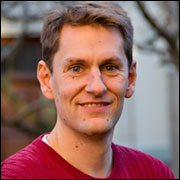 |
Anders Søndberg Sørensen, Professor and Director of Hy-Q Jagtvej 155, 2200 København N, Office: 02.3.G.062 Email: anders.sorensen@nbi.ku.dk Phone: +45 353-25240 Mobile: +45 24 66 13 77 |
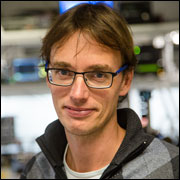 |
Peter Lodahl, Professor Jagtvej 155, 2200 København N, Office: 02.3.G.040 Email: lodahl@nbi.ku.dk Phone: +45 353-25306 |
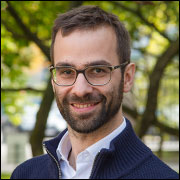 |
Albert Schliesser, Professor |
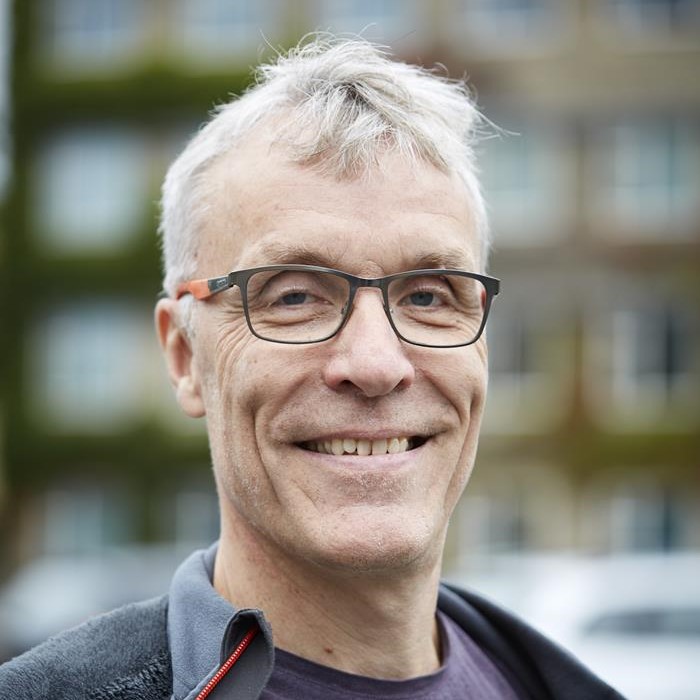 |
Klaus Mølmer, Professor Jagtvej 155, 2200 København N, Office: 02.3.G.044 Email: klaus.molmer@nbi.ku.dk |
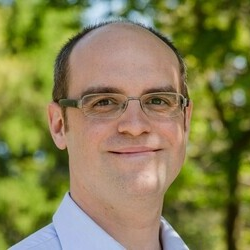 |
Leonardo Midolo, Associate Professor Jagtvej 155, 2200 København N, Office: 02.3.G.074 Email: midolo@nbi.ku.dk Phone: +45 23 23 41 69 |
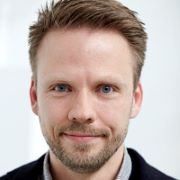 |
Frederik Uldall, Senior Consultant |
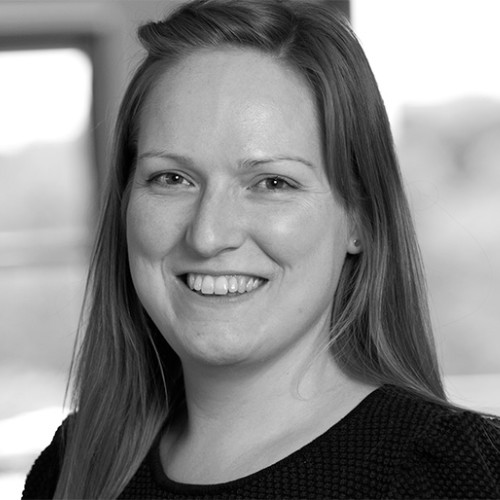 |
Dorte Christiane Garde Nielsen, Administrative coordinator |
Hy-Q Professor Klaus Mølmer received the Carlsberg Foundation Research Prize 2025.
Hy-Q Professor Albert Schliesser received the EliteForsk Award 2025.
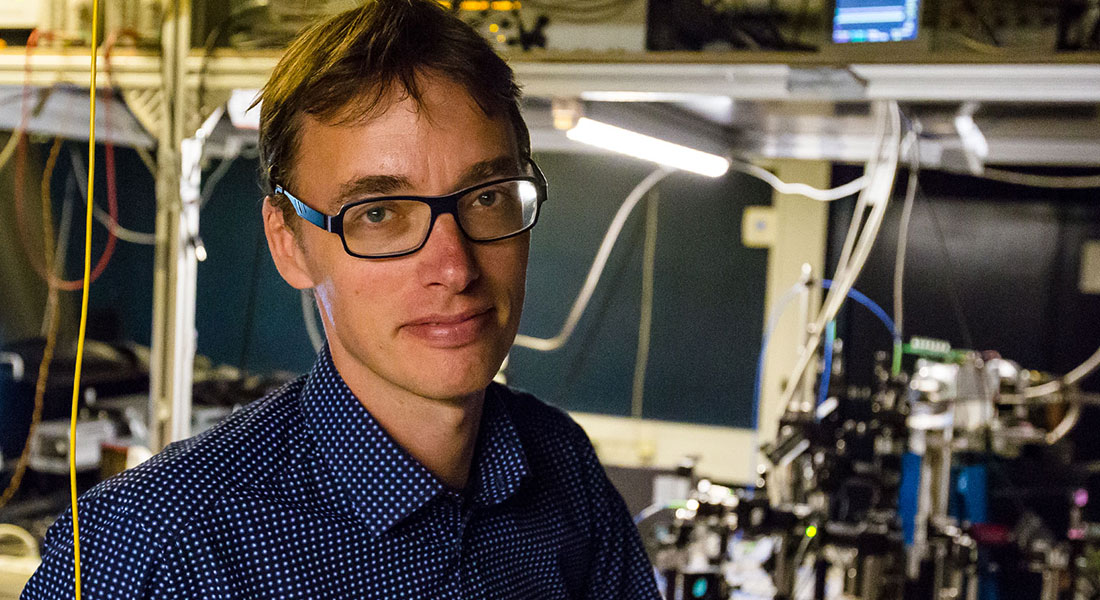
Hy-Q Professor Peter Lodahl receives the Into Innovation Award 2025. Read more.
Contact Administrative Coordinator
Dorte Christiane Garde Nielsen
Phone: +45 353-30180
Contact Senior Advisor
Frederik Uldall
Phone: +45 353-22414

